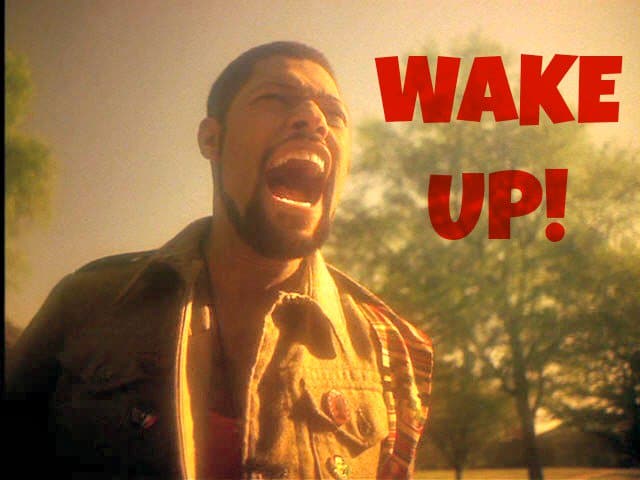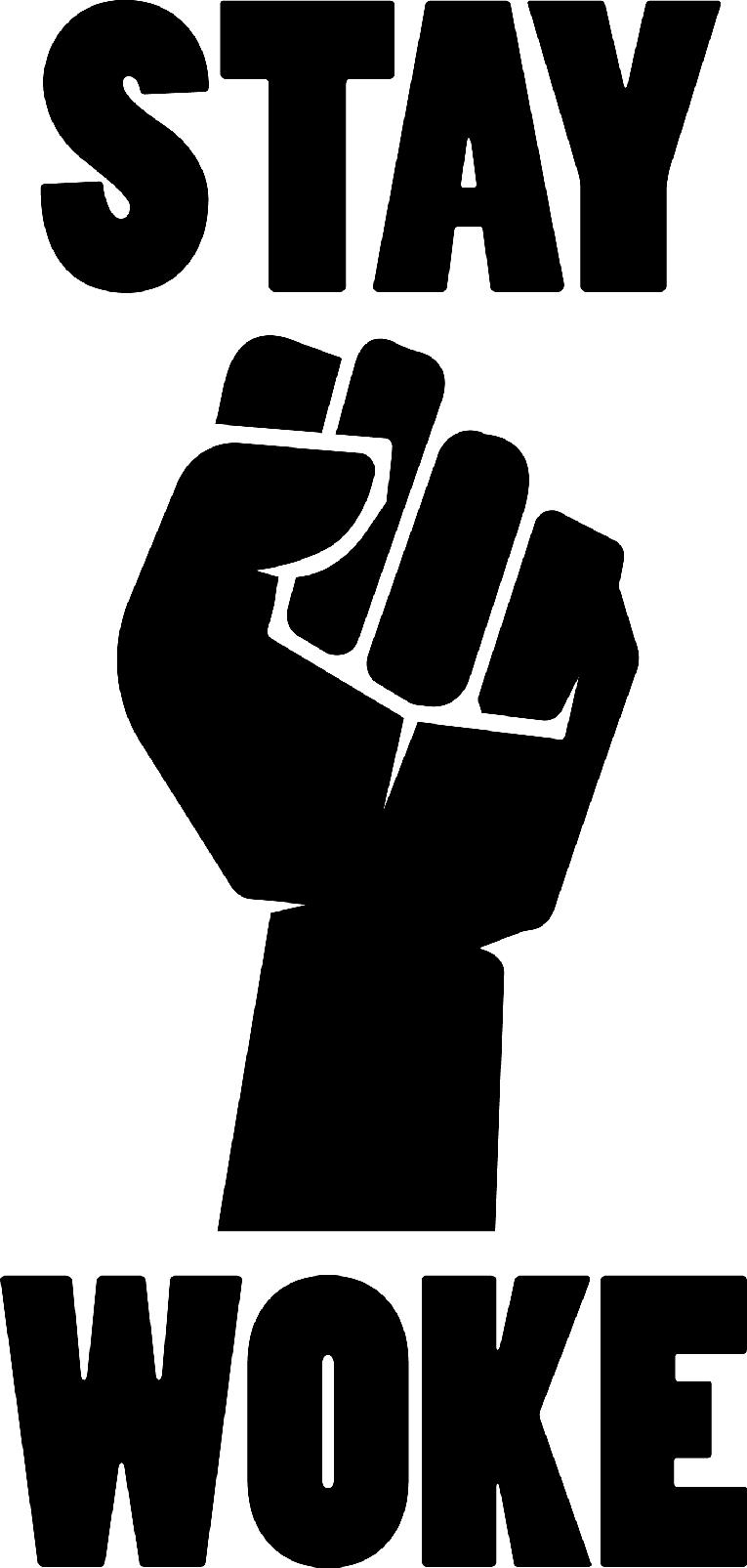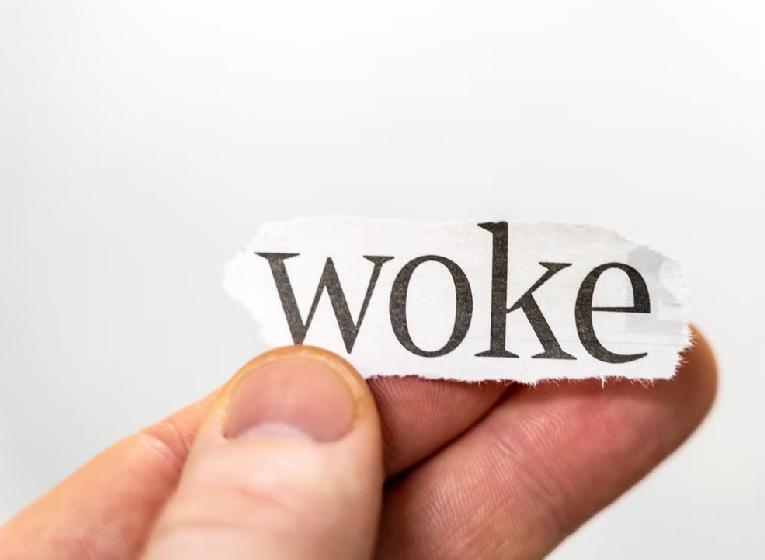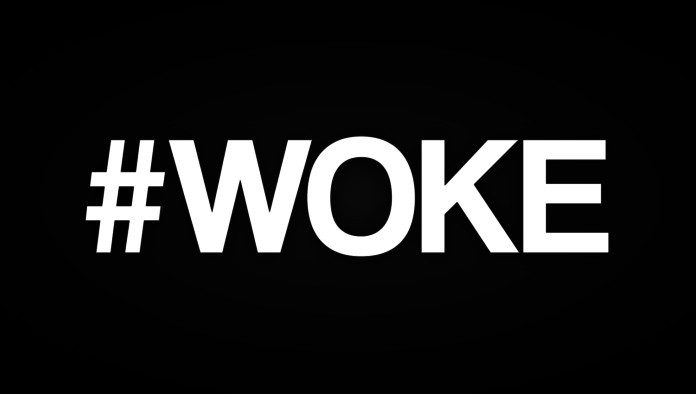*(CNN) — Once upon a time, many decades ago, “woke” was a term used mostly in Black spaces to underscore the importance of keeping a close eye on patterns of racism and oppression.
Language evolves, though, and sometimes in sinister ways.
Over the years, “woke” has lived other lives: as a rallying cry against police brutality, as an ironic meme and now as an imprecise term used to decry progressive action.
Consider that, just this month, Florida Republican Gov. Ron DeSantis’ Stop WOKE Act went into effect. Among other things, the legislation is designed to quash instruction about race in schools and in the workplace
OTHER NEWS ON EURWEB: Emmett Till Protesters Storm Senior Facility Seeking Wrongful Accuser, Carolyn Bryant Donham | WATCH
To chart the transformation of “woke” ahead of the return on Sunday of the CNN Original Series, “United Shades of America with W. Kamau Bell,” which in the season premiere explores what’s going on with “woke,” I chatted with deandre a. miles-hercules, a linguistics scholar at the University of California, Santa Barbara. During our conversation, which has been lightly edited for length and clarity, we also examined how powerful words can be defanged and distorted.
What are some of the earliest instances of people using “woke?”
One of the earliest uses of “woke” in the adjectival form with which many people are familiar was in William Melvin Kelley’s 1962 New York Times op-ed, “If You’re Woke You Dig It.”
“Woke” is tied to the idea of specific awareness of mechanisms of anti-Blackness. It’s more about the directive to be awake. In the philosophy and opinions of Marcus Garvey published in 1923, we see the phrase, “Wake up Ethiopia! Wake up Africa! And let us work towards the one glorious end of a free, redeemed and mighty nation.”

I don’t know if you’ve seen the Spike Lee movie “School Daze,” from 1988. It ends with Dap, played by Laurence Fishburne, kind of breaking the fourth wall and directly telling audiences to wake up.
In linguistic terms, the idea of “staying woke” is actually just using the African American English aspectual marker “stay,” which can be used in any context to signal a habitually occurring event.
For example, the salutation, “Stay up.” And then “woke” being the past tense of “wake.” The term is drawing on a broader conceptual model of wakefulness as awareness of anti-Black oppression.

The 2014 Ferguson uprisings seemed to mark an important change in the life of “woke,” in particular “stay woke.” I remember reading the writer Kara Brown’s moving Jezebel piece in which she encourages people to “stay angry and stay woke.” The term really seemed to be everywhere.
I’d say that I saw the change starting to happen around 2016. Many people associate it a little earlier, with the Ferguson uprisings in 2014 and when Black Lives Matter gained a lot of momentum. That was a really important event.
But like some others, I’d associate the change with the release of Childish Gambino’s “Redbone.” I say that because of the lines, “Stay woke / N****s creepin’ / They gon’ find you / Gon’ catch you sleepin’.” That was the first time “stay woke” was broadcast to and consumed by a global audience. You had White people who had never heard the phrase before hearing it everywhere in pop culture.
They begin to use it in a context in which they don’t understand the long history of anti-Black oppression. They don’t understand the ways that we’ve used linguistic mechanisms to name our realities. They use it in weird ways to talk about things such as diversity and inclusion efforts. The meaning morphs and shifts, but it still has a positive valence in people’s minds.

But in recent years, “woke” has been co-opted in harmful ways. Could you tell me a bit about how the term is being weaponized today?
I think that this is one of the most important and under-discussed elements of the linguistic life of “woke.” The co-optation of “woke” — and other terms broadly associated with progressivism — is part of a powerful and understated weaponization of meaning called semantic pejoration, which is a process whereby a word acquires negative meaning or connotation over time.
By using the term “woke” however they want, conservatives have muddied its meaning, have obfuscated it to refer to anything having to do with progressivism they don’t like. The same goes for “critical race theory.” They’ve done it with so many terms. “Identity politics” is another one. One of the earliest usages of “identity politics” is in the Combahee River Collective Statement from 1977. It was a way of describing working to end Black women’s oppression — it was a political movement on the basis of identity. Really straightforward. Now, though, “identity politics” is often seen as this negative thing that people don’t want to participate in.
One of the things that gets paired with semantic pejoration is what’s called semantic bleaching. Semantic bleaching is another linguistic process whereby the denotative content of a word is stripped away. I think that “critical race theory” is a good example of that, along with “woke.” Once a word gets semantically bleached, it can come to mean anything. “Woke” has come to mean anything having to do with race or, more broadly, progressivism.
It’s not used only by conservatives. Barack Obama, in 2019, used it in a way that was kind of pejorative and dismissive. (The former president criticized “call-out culture” and “wokeness” during an interview) But that’s why it’s important that we discuss this semantic pejoration as a specifically and an aggressively conservative tactic, because lots of people who use “woke” in this kind of pejorative way think that they’re doing so in a way that’s politically neutral. They don’t see themselves as re-voicing a conservative talking point.
A version of this story appeared in CNN’s Race Deconstructed newsletter. To get it in your inbox every week, sign up for free here.
The-CNN-Wire
™ & © 2022 Cable News Network, Inc., a WarnerMedia Company. All rights reserved.
We Publish News 24/7. Don’t Miss A Story. Click HERE to SUBSCRIBE to Our Newsletter Now!






